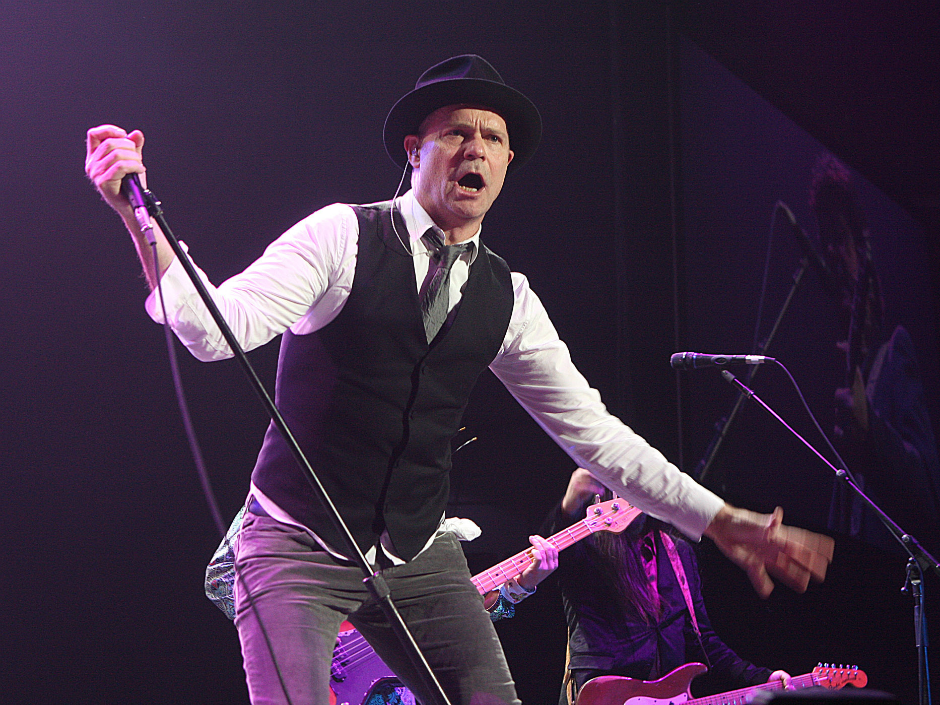by John Krisko, Special to TicketNews
Last year, fans of the Tragically Hip found to their dismay that tickets for the band’s blockbuster 2016 “Man Machine Poem” tour were quickly sold out or available only at high prices in the secondary markets. The Twitterverse went into its usual mob frenzy, breaking out the torches, tar and feathers. Someone must be to blame, and fingers were quickly pointed at evil “bots” and unscrupulous “ticket barons.” Never failing to pass up a chance to govern by Twitter, Ontario’s Liberal government is riding to the rescue. Trouble is, the rescue may turn out to be far worse than the “crisis.”
Following a hastily concocted survey that passed for public consultation, Premier Kathleen Wynne and her band of scalper-slayers discovered that when asked if people would like to buy things for less money, respondents answered “yes.” Survey responses included such insightful gems as, “Stop the use of bots. Stop the high markup of ticket prices. Allow everyone a chance to purchase tickets at a fair price.” For the Wynne government, that passed for robust data on which to form policy for yet another intrusion into the private marketplace. And it now seems bound and determined to repeat the mistakes of a similar effort more than two decades ago.
And so on June 26, the Ontario Liberal government announced plans to introduce new legislation this fall regarding the resale of tickets, which it calls the Ticket Sales Act. Among other things, the new legislation would set a ceiling on the resale price of tickets at 50-per-cent above face value, and introduce a ban on the use of automated ticket-purchasing software.

So far, details are lacking for the basis of the suspiciously tidily-rounded price cap, and about how a ban on automated software might be enforced. As interesting as it has been to watch this story unfold, if the Ontario government in 2017 succeeds in its attempt to introduce apparently arbitrary price controls on entertainment tickets, it will be even more interesting to watch them fail.
Price controls are not a new idea. They have been tried in one form or another a great many times. And they exist now in most provinces for such things as rent. In their excellent book Forty Centuries of Wage and Price Controls: How Not to Fight Inflation, Robert L. Schuettinger and Eamonn F. Butler sum up the historical record succinctly:
“The experience under price controls is as vast as essentially all of recorded history… What, then, have price controls achieved in the recurrent struggle to restrain inflation and overcome shortages? The historical record is a grimly uniform sequence of repeated failure. Indeed, there is not a single episode where price controls have worked to stop inflation or cure shortages.”
Price controls always produce the same result. In fact, simply looking back at the outcome of the original Ticket Speculation Act in 1990 should be more than enough to convince anyone of the folly of this course of action.
The original 1990 legislation attempted to control prices by capping resale at face value. So poorly designed was this piece of legislation that it completely failed to recoup service costs, which, as a factor in every transaction, guaranteed a loss for any legal resale.
The result was first to drive a large percentage of secondary transactions to illegal markets where sellers could obtain market prices. Second, it caused an increase in the number of counterfeit tickets being sold to unwary fans. The government admitted failure in 2015 when mounting issues with counterfeit tickets forced it to gut the existing legislation and remove price controls in return for providing a guarantee to purchasers. Now, less than three years later, the Wynne government is about to take a massive step backwards, this time hoping to define what “reasonable prices” are.
Simply declaring that “fans shall not pay more than half again the price of a ticket marked” did not work the first time, will not work now, and will predictably have the opposite effect intended. For high-demand events, tickets sellers will be forced into (largely untraceable) underground secondary markets to obtain market prices, competition for inventory available through legal channels will increase significantly, and once again, counterfeit tickets will become a problem for Ontarians.
It’s time for Premier Wynne to retreat from this tried-and-untrue legislation, and let market forces prevail.
John Krisko is a Toronto-based financial analyst.




